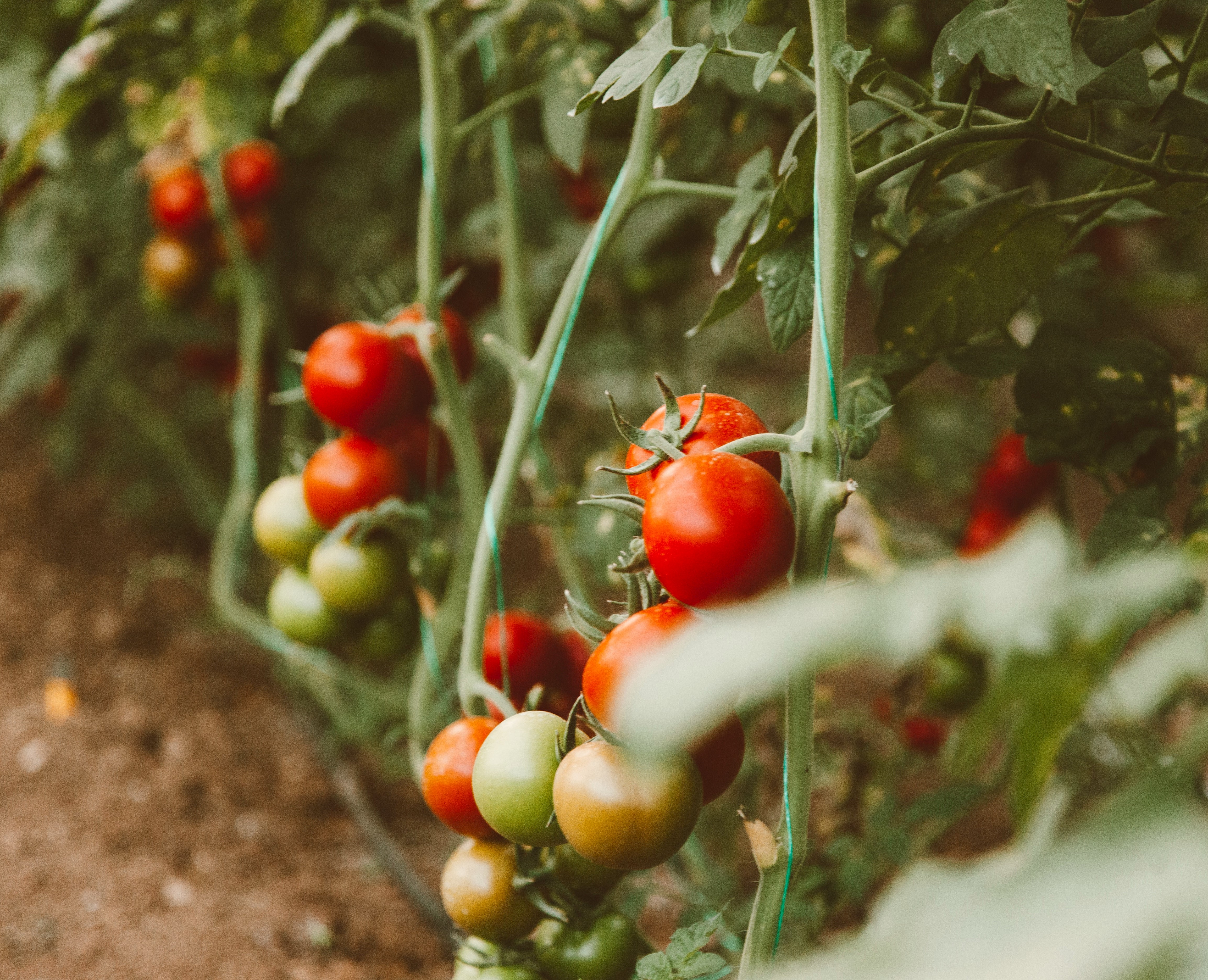Abstract
The tomato is a globally cultivated vegetable, however, the prevailing production method currently employed is non-organic. The aim of this work was to assess the organoleptic and physicochemical attributes of Elpida F1 tomatoes, produced using both agroecological and traditional methods, to determine whether the method has an impact on tomato quality and if it can lead to alternative strategies for promoting sustainability. Samples were collected from an experimental field using statistical sampling. Sensory evaluations were conducted with 81 consumers under standardized conditions, involving triangular differentiation tests, preference assessments, and attribute acceptance tests. The samples were processed, and physicochemical tests were carried out. In the sensory evaluations, the assessors were able to consistently distinguish between tomatoes produced using different methods. A slight preference was observed for agroecological tomatoes, particularly in terms of appearance, texture, and color. Overall, consumers expressed a preference for both types of tomatoes. Physicochemical analysis indicated that agroecological tomatoes exhibited lower acidity, higher ash content, increased sodium levels, and reduced potassium levels compared to their traditional counterparts (p<0.05). This study demonstrates the influence of the production method on both sensory characteristics and certain physicochemical parameters of tomatoes.

